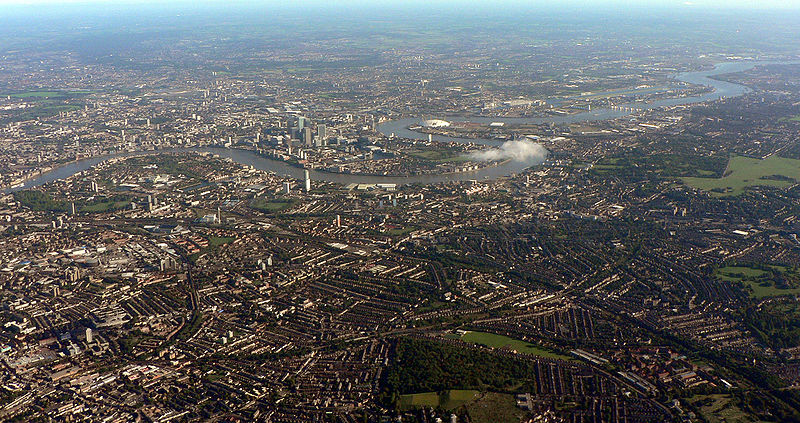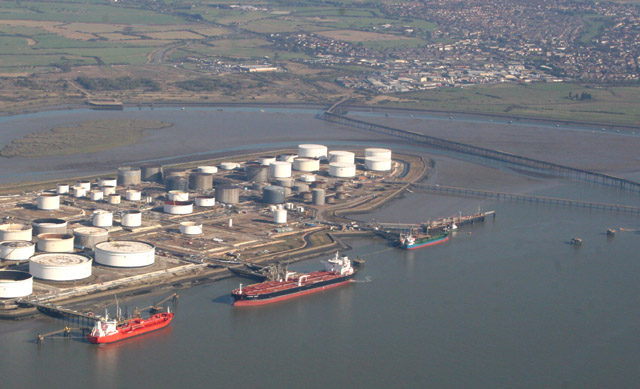Country Snapshot: Business Overview
One of the largest European economies, the United Kingdom boasts a highly developed, diversified, market-based economy, as well as large coal, gas, and oil resources, and an efficient agriculture industry. Services, particularly banking, insurance, and business services, account for more than three-quarters of the UK’s GDP, and the country remains a highly attractive destination for foreign investment. However, the global financial crisis of 2008-2009 severely affected the economy, particularly the burgeoning financial sector. Sharply declining home prices and high consumer debt further damaged the economy, resulting in the government’s nationalization or seizure of ownership in several of the country’s top banks. The recession also led to the ongoing problem of a high public debt and budget deficit.
Major Industries
Services play a major role in the British economy, accounting for nearly 80 percent of GDP, followed by industry, and, to a lesser extent, agriculture. The UK’s major industries include machine tools, electric power equipment, automation and railroad equipment, shipbuilding, aircraft, motor vehicles and parts, electronics and communications equipment, chemicals, as well as raw commodities (such as metals, coal, and petroleum), paper and paper products, food processing, textiles and clothing, and other consumer goods.
Trade Overview
Exports account for almost a third of the UK's GDP, with main export products comprising manufactured goods, fuels, chemicals, food, beverages, and tobacco. The US and Germany are top destinations for British exports—more than one-fifth of total exports—followed by the Netherlands, France, Ireland, and Belgium.
The UK obtains most of its imports from Germany and China, followed by the Netherlands, the US, France, Belgium, and Norway. Major imports include manufactured goods, machinery, fuels, and food products.
Foreign Investment
Corporate ties with the US combined with London’s reputation as an advanced financial hub make the UK a top destination in Europe for inward foreign investment. Foreign investors generally receive the same treatment as their domestic counterparts, although registered companies must have at least one UK resident head, and foreign airline investment is limited to 49 percent. Foreign investors also have the right to hold foreign exchange accounts and are permitted to own land.
The US is the UK’s largest investor, followed by France, Germany, and India. Key UK investment sectors include energy, engineering, life sciences, financial services, and food and drink.
Transparency (Rule of Law)
The UK is ranked high in several of the 10 economic freedoms, including business freedom, financial freedom, and property rights. Corruption is perceived as minimal in the UK, which ranks 14th out of 177 countries in Transparency International’s Corruption Perceptions Index.
Regulatory Environment (Ease of Doing Business)
An efficient regulatory framework and a streamlined business formation process make the UK a top European location for doing business. The UK is ranked the world’s tenth easiest country to do business with, based on World Bank rankings. Starting a business in the UK takes about 12 days, and the process is straightforward and transparent. However, as a nation with tax revenues comprising nearly 40 percent of GDP, the UK levies numerous taxes on business owners, including a high income tax rate, a moderate corporate tax rate, a VAT tax, and an inheritance tax.
Article written for World Trade Press by Erin Eaton-Zaleski.
Copyright © 1993—2024 World Trade Press. All rights reserved.

 United Kingdom
United Kingdom 


